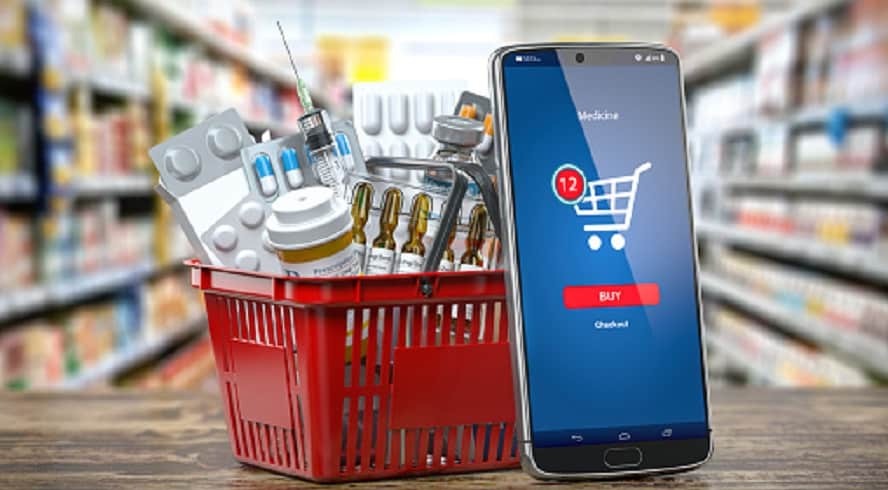In an age defined by digital innovation, the healthcare sector has not been left behind. Among the many advancements transforming how patients receive care, online pharmacies have emerged as a major force, offering convenience, accessibility, and often lower prices buy duromine online. However, with the benefits come risks and responsibilities that both consumers and regulators must consider.
What Is an Online Pharmacy?
An online pharmacy is a website or app-based service that allows individuals to purchase prescription and over-the-counter medications over the internet. These platforms operate either as extensions of traditional brick-and-mortar pharmacies or as independent digital-only entities. Customers can upload their prescriptions, consult pharmacists virtually, and have their medications delivered directly to their homes.
Advantages of Online Pharmacies
-
Convenience: Patients no longer need to visit a physical pharmacy, which is especially beneficial for those with mobility issues, chronic illnesses, or those living in remote areas.
-
Cost Savings: Online pharmacies often offer medications at lower prices due to reduced overhead costs and direct-to-consumer sales models.
-
Privacy: For individuals who may feel uncomfortable purchasing certain medications in person, online platforms offer a discreet alternative.
-
Medication Management: Many online pharmacies offer automatic refills, reminders, and digital records that help patients manage their prescriptions more effectively.
Risks and Challenges
Despite their benefits, online pharmacies are not without concerns:
-
Counterfeit Drugs: One of the biggest risks is the sale of counterfeit or substandard medications by unlicensed or illegal websites.
-
Lack of Regulation: Not all online pharmacies follow the same regulatory standards, especially those operating internationally. This can lead to inconsistent quality and safety.
-
Privacy Issues: With sensitive health data being shared online, the potential for data breaches and misuse is significant if robust cybersecurity measures are not in place.
-
Overmedication or Misdiagnosis: Without proper medical oversight, patients might misuse medications or forgo necessary in-person care.
Regulatory Oversight and Safe Practices
Governments and healthcare organizations have taken steps to improve safety and legitimacy in the online pharmacy space. For instance, in the U.S., the National Association of Boards of Pharmacy (NABP) maintains a list of verified online pharmacies through its VIPPS program (Verified Internet Pharmacy Practice Sites).
To ensure safety, consumers should:
-
Use only licensed and verified online pharmacies.
-
Avoid sites that sell prescription drugs without requiring a valid prescription.
-
Check for clear contact information and a licensed pharmacist available for consultation.
The Future of Online Pharmacies
As technology continues to evolve, the integration of telehealth and online pharmacies is likely to deepen. AI-powered tools may assist in prescription management, while blockchain could enhance drug traceability and patient data security. Ultimately, online pharmacies are set to play an increasingly important role in healthcare delivery, especially in a post-pandemic world where remote services are more essential than ever.
Conclusion
Online pharmacies represent a powerful shift in how people access medications, combining the best of convenience and innovation. However, with their rise comes a need for increased vigilance, regulation, and consumer education. When used wisely and safely, they can be a vital part of modern, accessible healthcare.
